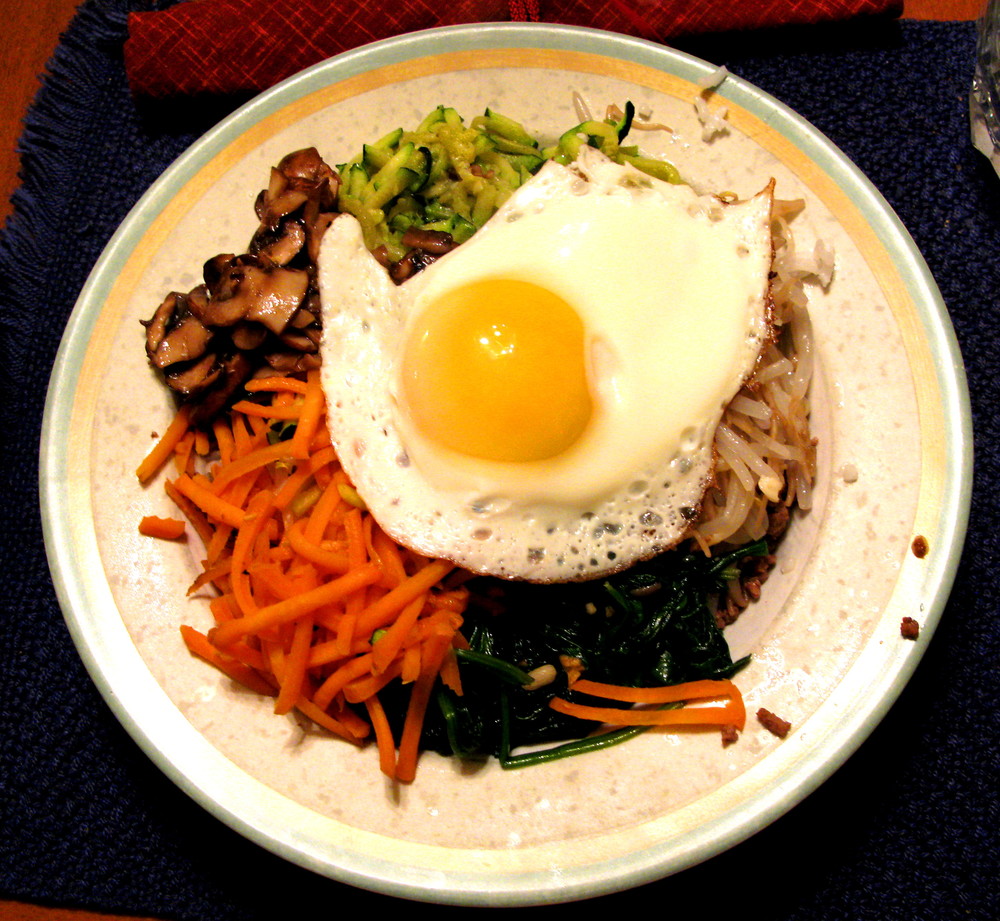CAN NOVEL RESEARCH AFFECT YOUR DIET?
/
The internet is an absolute godsend when it comes to doing research, but it can take you to weird places. And I’m not talking about the category of sites that start with P and end with –orn. I just mean that, well, research can end up affecting your life.
A case in point: a lot of the novel I’m currently writing is set in New York City. I don’t live there, and have never yet been there, but thanks to Google Maps and Streetview I can go virtually anywhere in the city, describe the trees, the buildings, the view in the distance. I can watch videos of people who’ve gone skydiving on Long Island and have my characters do that. And when the people in the book feel the need to grab a bite, I can find a good restaurant for them and check out the menu to see what they’d like (I don’t even have to leave a tip!) The characters in this novel are vegetarian, so that poses an extra challenge but certainly not a difficult one.
The other day I had the need to place a dinner scene. The characters were on the east side of Midtown Manhattan. Walking, not driving. Vegetarian. One was also Asian. After scrutiny of a few menus of real restaurants (by me, not them) they wound up at a Korean place. It happens that I like Korean food. One ordered Bibimbap. My mouth started to water. The next thing I knew I was looking up recipes and phoning my wife to bring home the ingredients we didn’t have on hand. Bibimbap was not only on the menu in my story but also in my kitchen that night. The picture above is our actual result. What’s more, it lived up to my expectations. I can’t always say that about my literary output for the day.
I hope I never have to eat my words. But if I occasionally get a dinner idea from one of my characters, I say bring it on.
Now if I can just resist looking up flights to New York.

